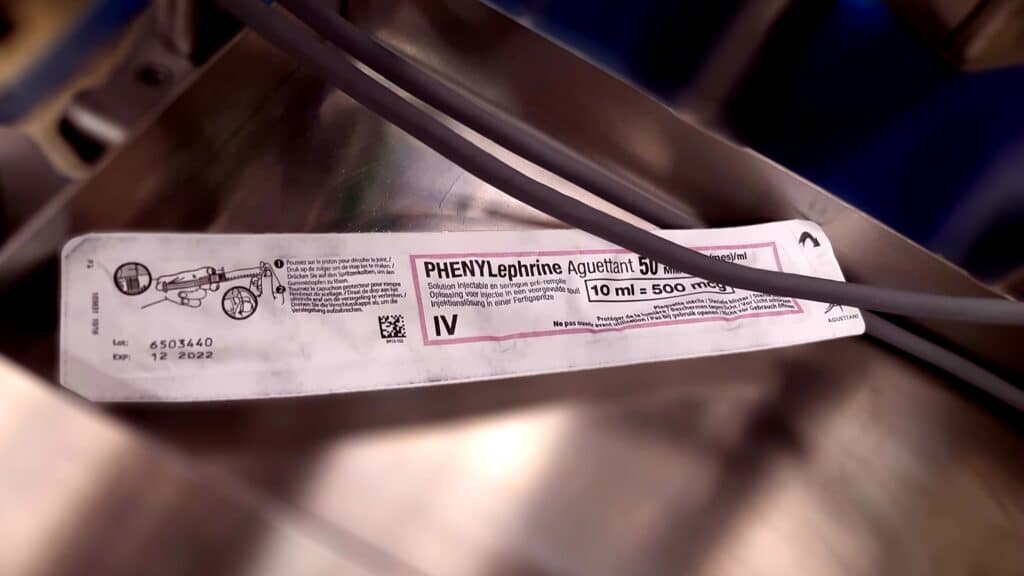Calcium Chloride Infusions are Not Associated with Improved Outcomes in Neonates Undergoing Cardiac Operations

Neonatal cardiac performance is dependent on calcium delivery to the myocardium. Little is known about the use and impact of calcium chloride infusions in neonates who undergo cardiac surgery. We hypothesized that the use of calcium chloride infusions would decrease the doses required of traditional inotropic and vasoactive medications by supporting cardiac output in this patient population. We performed a single-institution, retrospective, cohort study. All neonates (≤ 30 days old) undergoing cardiac surgery from 06/01/2015 through 12/31/2018 were included. Patients were divided into two groups: those who received postoperative calcium chloride infusions (calcium group) and those who did not (control group). The primary outcome was the occurrence of a maximum Vasoactive Inotropic Score (VIS) > 15 in the first 24 h following surgery. One hundred and thirty-five patients met inclusion criteria. Sixty-six patients received postoperative calcium infusions and 69 patients did not. Gestational age, weight at surgery, age at surgery, surgical complexity and cardiopulmonary bypass times were similar between groups. Forty-two (70%) patients receiving calcium had a postoperative maximum VIS > 15 compared with 38 (55%) patients not on a calcium infusion (p = 0.08). There were no differences in postoperative length of ventilation, time to enteral feeding, hospital LOS, or operative mortality between groups. Calcium chloride infusions in neonates who underwent cardiac surgery did not decrease exposure to other inotropic and vasoactive agents in the first 24 post-operative hours or improve patient outcomes.
